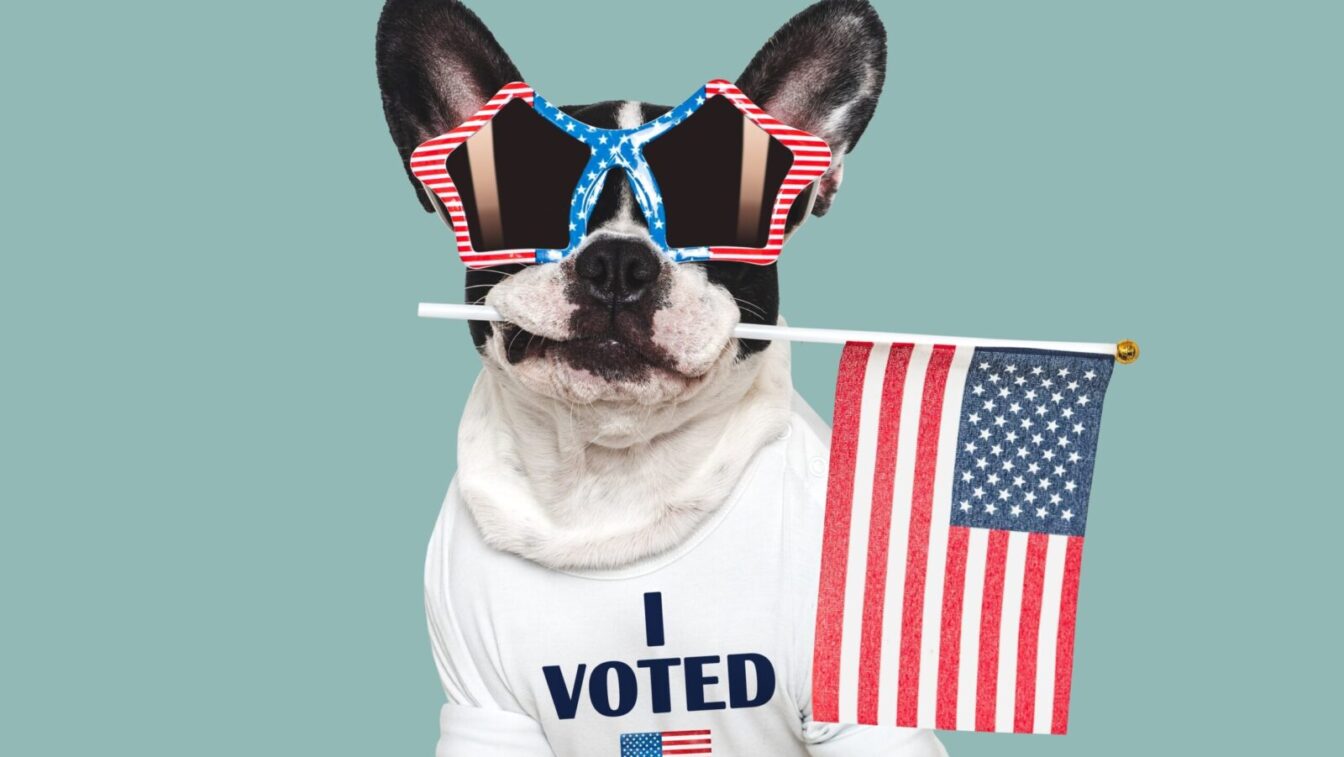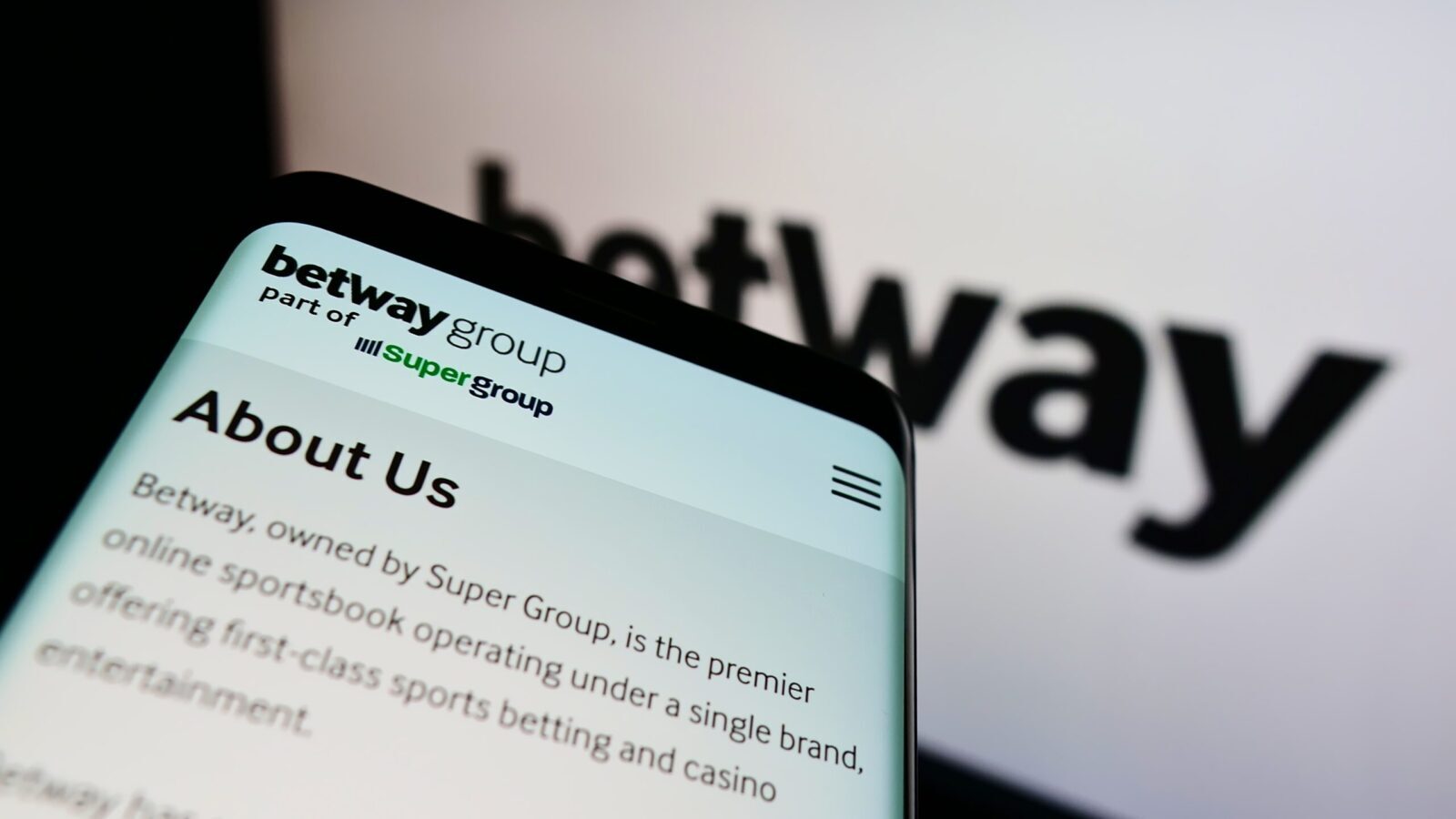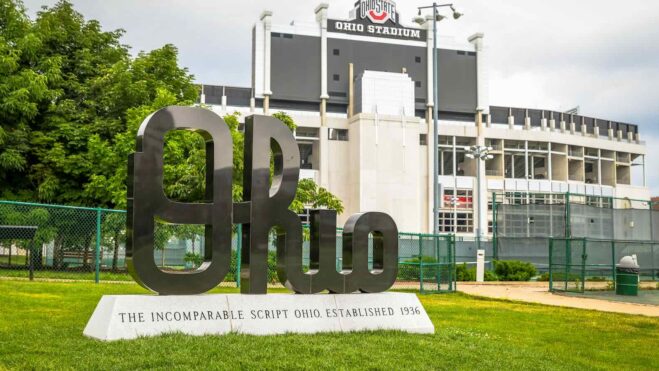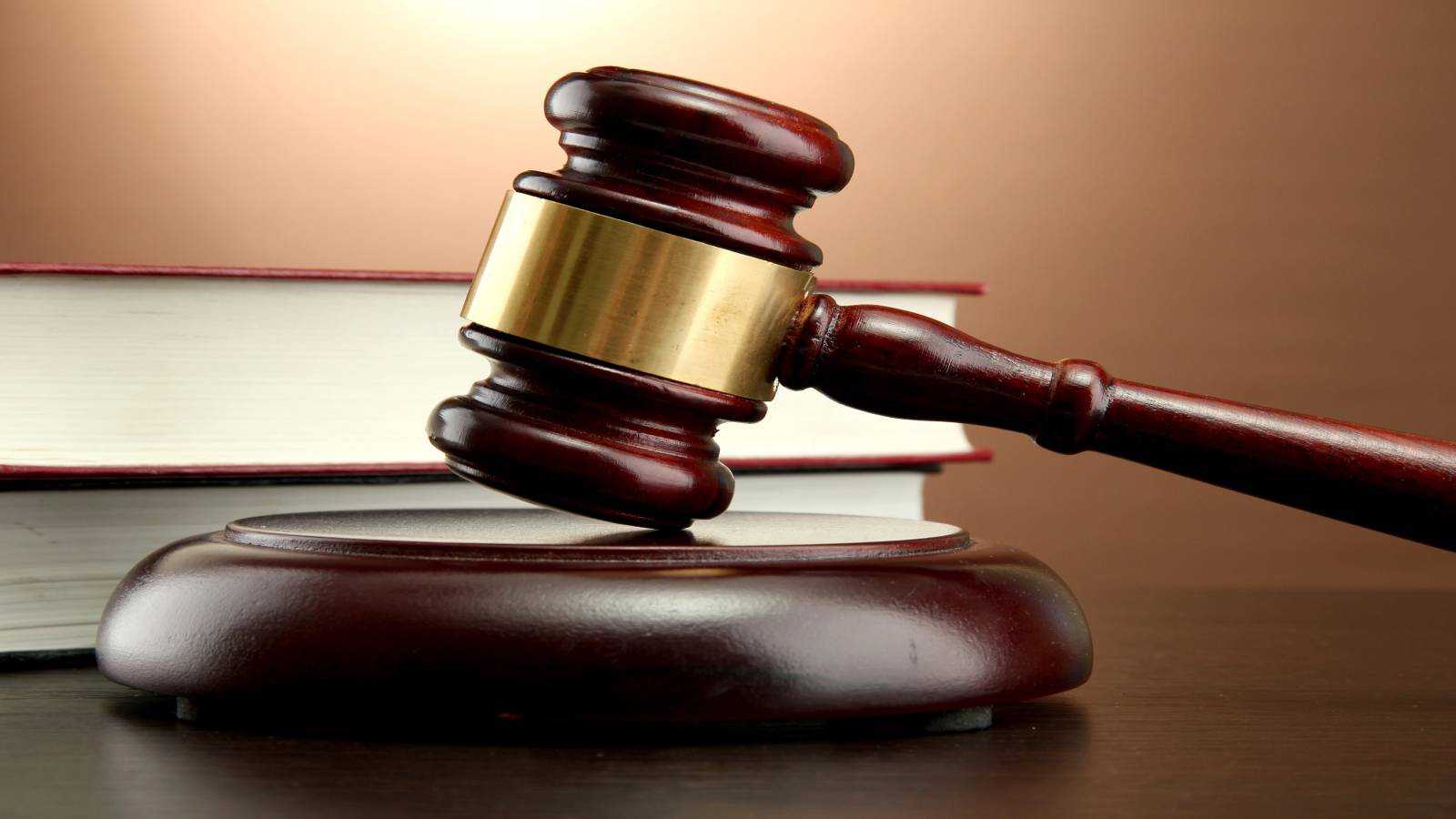House Bill Introduced To Ban Betting On U.S. Elections
The legislative initiative responds to concerns that election betting could lead to the manipulation of results
2 min
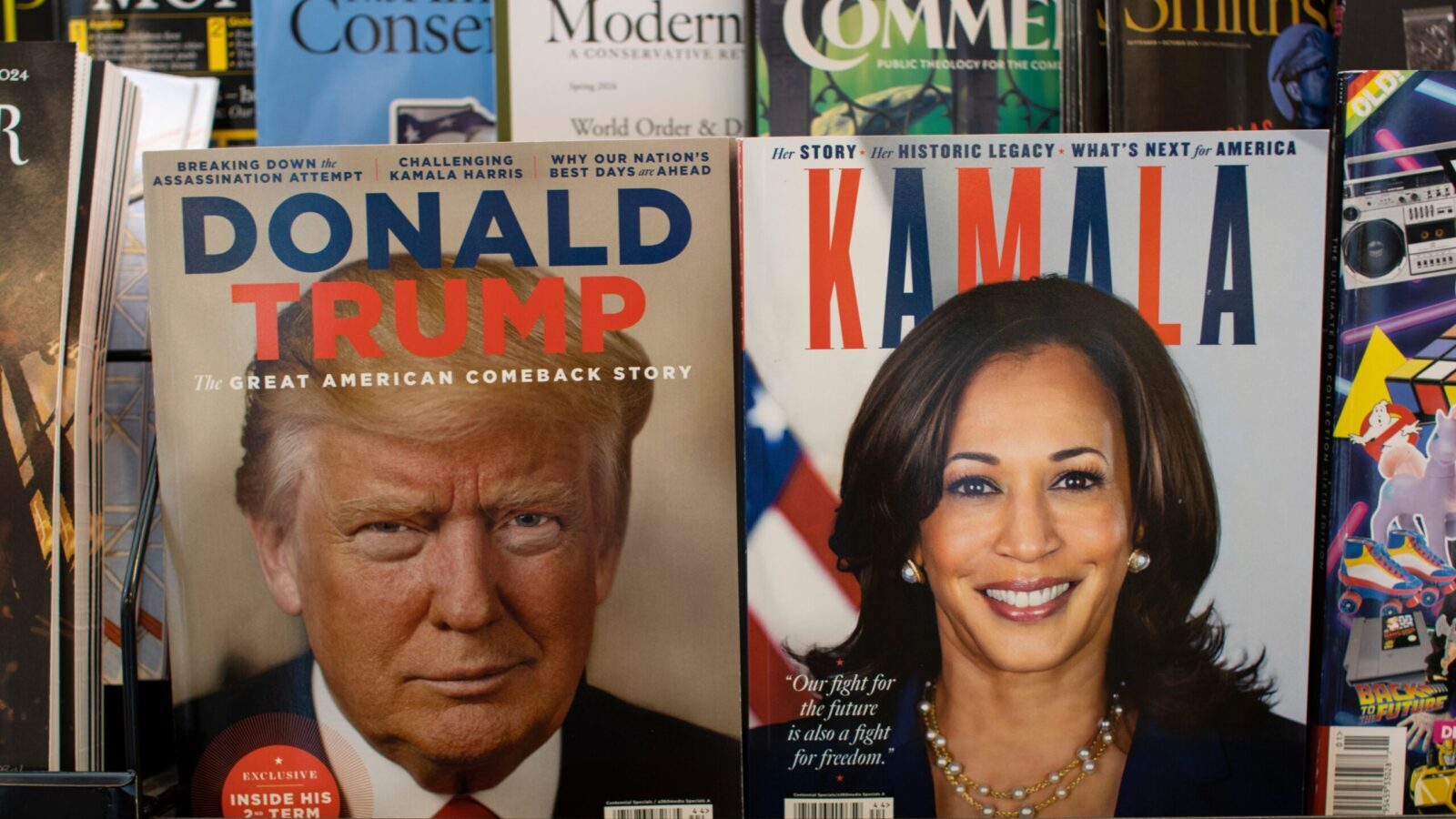
Representatives Jamie Raskin and Andrea Salinas have introduced the Ban Gambling on Elections Act, a legislative effort to prohibit wagering on U.S. elections. The move addresses growing concerns over the impact of political betting on election integrity and public trust in the democratic process.
This bill, which serves as the House counterpart to Sen. Jeff Merkley’s Senate legislation, aims to amend the Commodity Exchange Act to explicitly ban election betting.
Rep. Raskin emphasized the importance of maintaining public confidence in the electoral system, describing election betting as a practice that reduces democratic participation to a profit-driven gamble. He stated that democracy requires transparent and trustworthy voting processes, not a system clouded by betting odds and the influence of wagers.
Salinas echoed these sentiments, arguing that election betting incentivizes interference and manipulation, potentially undermining the foundations of democracy. She also highlighted the broader societal impacts of gambling addiction and pledged to continue advocating for resources to address this issue.
“Elections betting sets a dangerous precedent, incentivizing bad actors to try and influence or interfere with our elections systems. We cannot play roulette with our democracy by allowing this kind of wagering without a thorough accounting of the potential consequences.”
— Rep. Andrea Salinas
Critics of election betting argue that allowing wagers on electoral outcomes not only degrades the democratic process but also poses risks of corruption and interference. Sen. Merkley likened election betting to a rigged game where participants could sway outcomes through smear campaigns or other forms of manipulation.
They also warn that a more crypto-friendly regulatory environment could pave the way for unchecked growth in election betting markets. They contend that the risks far outweigh any potential benefits.
Some suggest that these markets are vulnerable to manipulation by bad actors, insider trading, and corruption, particularly if political figures or campaigns exploit them for personal or strategic gain.
However, proponents of prediction markets argue that they can provide valuable insights into political trends and voter behavior. Additionally, opportunities to wager on U.S. elections will continue to exist in other countries and through unregulated online operators even if a bill is passed making the wagering illegal throughout the nation.
Election betting platforms under scrutiny
Election betting has grown significantly, with reports estimating that over $1 billion was wagered on the 2024 election across two major platforms, including bets on presidential and congressional races. Platforms Kalshi and Polymarket have been at the center of recent controversy due to concerns about their influence on election integrity and the regulatory challenges they pose.
Kalshi, a trading platform that markets itself as a hub for event-based prediction markets, faced significant backlash for attempting to legalize election betting, but ultimately won.
Similarly, Polymarket has been accused of exploiting regulatory gray areas to profit from political betting. Polymarket has provided access to political betting in various global markets, but at least one — France — has ordered it to shut down.
Both companies have attracted attention for their close ties to influential figures. Elon Musk, who has expressed support for Polymarket, is expected to hold a significant role in the next Trump administration, raising further concerns about conflicts of interest and regulatory capture.
Former officials from the Trump administration have also joined Kalshi, increasing fears that the platform could gain political allies who may weaken regulatory oversight.
Advocacy groups have voiced strong support for the legislation, warning of the dangers of embedding betting into the electoral process. Public Citizen’s Craig Holman stated that election betting further erodes public trust in elections, while Better Markets CEO Dennis Kelleher warned that such practices could incentivize interference and distract regulators from their essential duties.

